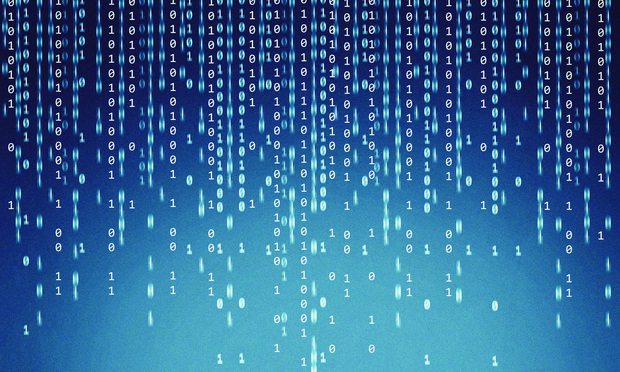Two substantial decisions rendered in 2014 have provided additional context to the protection of computer software under existing intellectual property law. It is a common complaint that existing intellectual property principles apply poorly to new technologies like software. In fact, the degree of protection available for software code and the ideas underlying its nature or function remains somewhat unresolved.
In June, however, the U.S. Supreme Court made an effort to distinguish sufficiently inventive software applications that are worthy of patent protection from general abstract ideas that must remain available for public use. Additionally, in May, the U.S. Court of Appeals for the Federal Circuit found that software code can remain protectable under copyright law despite a claim that the general idea underlying the code had merged with the expression, rendering the software unprotectable. Thus, while general programming ideas may not be protectable under patent law, particular expressions of them in specific code can be claimed under copyright law. The line at which protection begins, however, remains somewhat unclear.
This content has been archived. It is available through our partners, LexisNexis® and Bloomberg Law.
To view this content, please continue to their sites.
Not a Lexis Subscriber?
Subscribe Now
Not a Bloomberg Law Subscriber?
Subscribe Now
LexisNexis® and Bloomberg Law are third party online distributors of the broad collection of current and archived versions of ALM's legal news publications. LexisNexis® and Bloomberg Law customers are able to access and use ALM's content, including content from the National Law Journal, The American Lawyer, Legaltech News, The New York Law Journal, and Corporate Counsel, as well as other sources of legal information.
For questions call 1-877-256-2472 or contact us at [email protected]



